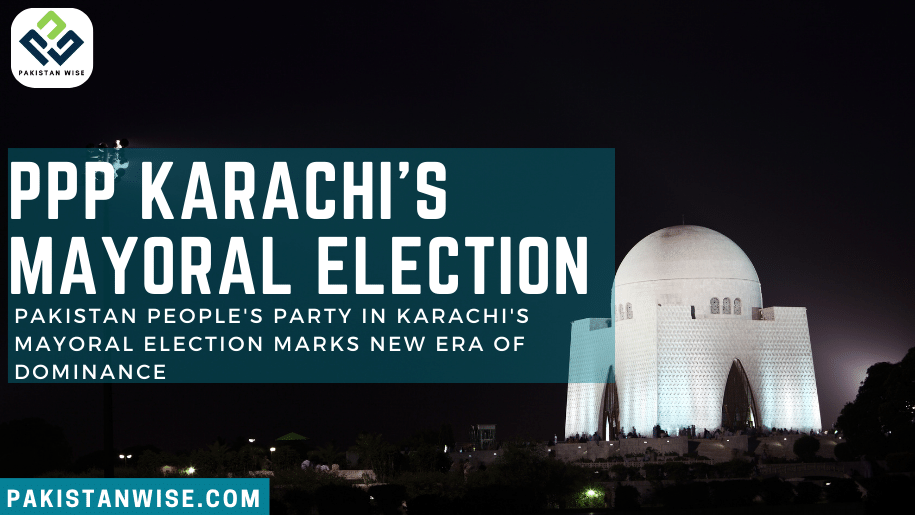Introduction
The recent foreign election victory of the Pakistan People’s Party (PPP) in Karachi, the country’s largest city, has ushered in a new era of political dominance. Traditionally associated with rural Sindh, the PPP has capitalized on the disintegration and weakening of rival parties such as the MQM and PTI. The party’s success extends beyond Karachi, as it has tightened its grip across the province, leaving virtually no competition in its wake. However, concerns have been raised about the transparency and fairness of the election process, leading to disappointment for other parties.
The PPP’s Expanding Influence in Sindh Province
While the PPP’s victory in Karachi’s mayoral election is remarkable, it is important to note that the party’s influence extends well beyond the city. Across the entire Sindh province, the PPP has consolidated its power and secured seats without opposition in major cities and towns. This comprehensive sweep has effectively placed the entire province under the rule of a single party, namely the PPP. This triumph not only strengthens the party’s position but also poses challenges for other political factions seeking to hold the PPP accountable.
Disappointment and Mandate Questions
The election outcome has left some parties, such as the Jamaat-e-Islami and the Half’s Name Party, feeling disappointed and questioning the legitimacy of the PPP’s mandate. Allegations have been made regarding the transparency and fairness of the election process, as a significant number of elected members from the PTI did not participate in the voting. Despite their disappointment, these parties must recognize the new political reality and strategize their role as opposition forces in Karachi’s politics to hold the PPP accountable.
Half’s Name Party’s Struggle for Karachi
Over the past five to seven years, the Half’s Name Party and its leader, Jamaal, tirelessly worked on the ground in Karachi, addressing the city’s numerous local issues. Their efforts were focused on demanding local government elections, leading them to approach the Supreme Court for support. While their struggle deserves recognition, they must now adapt to the changed landscape and redefine their role as a crucial opposition force in Karachi’s political arena.
Challenges for the Newly Elected Mayor
Murtazar Wahab, the newly elected mayor of Karachi, faces numerous challenges in his position. It is worth noting that he does not possess his own constituency in the city, having been unsuccessful in previous provincial assembly elections. His election as mayor was only made possible due to a last-minute change in the law by the government. Consequently, Wahab will need to navigate and balance the interests of the chief minister, party leadership, vested interests, the military, real estate tycoons, and civil society. Achieving this delicate equilibrium in such a complex and vast city like Karachi will undoubtedly prove to be a formidable task.
Conclusion
The foreign election victory of the PPP in Karachi’s mayoral election signifies a new era of dominance for the party. With their success extending across the province of Sindh, the PPP now holds unparalleled political power. However, concerns surrounding the transparency of the election process and the disappointment felt by rival parties must not be overlooked. As Murtazar Wahab assumes his role as mayor, he faces the challenging task of proving his worth and convincing the people of Karachi that the PPP is genuinely invested in the city’s welfare and progress.

